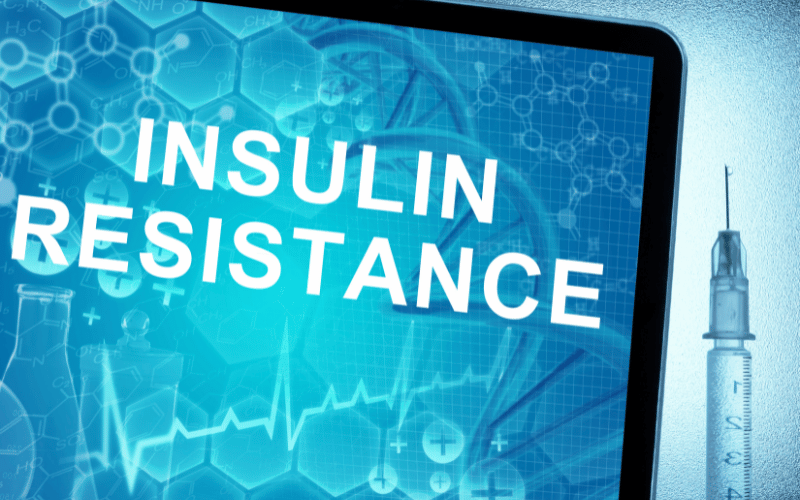Introduction: Unraveling the Mystery of Insulin Resistance
In a world where health concerns are increasingly prevalent, understanding the subtle yet significant symptoms of insulin resistance is crucial. Insulin resistance, a condition where the body’s cells become less responsive to the hormone insulin, often goes unnoticed due to its gradual onset and seemingly unrelated symptoms. This article delves into the top 10 symptoms of insulin resistance, shedding light on what many might overlook in their daily lives.

The journey of recognizing insulin resistance begins with awareness. Often, individuals experiencing these symptoms may attribute them to stress, lifestyle, or aging, without realizing the underlying hormonal imbalance at play. From unexplained weight gain to fluctuating energy levels, each symptom is a piece in the puzzle of insulin resistance. Understanding these signs is not just about diagnosis; it’s about taking proactive steps towards a healthier life.
Insulin plays a pivotal role in regulating blood sugar levels, and its dysfunction can lead to a cascade of health issues. The symptoms we will explore are not just indicators of insulin resistance but also warning signs of potential future health complications if left unaddressed. This is why recognizing these symptoms early on is critical for timely intervention and management.
As we navigate through each symptom, remember that insulin resistance is not a standalone condition. It is often intertwined with other metabolic disorders, making its identification even more significant. Our aim is to equip you with knowledge, empowering you to understand your body’s signals and seek appropriate guidance if needed.
This exploration into the 10 symptoms of insulin resistance is more than just an informative read; it’s a step towards heightened health awareness and proactive wellness. As we unravel these symptoms, we encourage readers to reflect on their own health and consider the broader implications of insulin resistance in their lives.
1. Persistent Hunger: An Unexpected Indicator of Insulin Resistance

Persistent hunger, a common symptom of insulin resistance, often takes individuals by surprise. This perpetual feeling of hunger arises even when one has consumed adequate food, creating a perplexing situation. The cause lies in insulin’s role in managing blood glucose levels and signaling satiety to the brain. When insulin resistance occurs, this signaling becomes disrupted, leading to constant hunger pangs.
This symptom is particularly tricky because it can easily be mistaken for simple dietary inadequacies or a high metabolism. However, when coupled with other symptoms of insulin resistance, it forms a clearer picture. The body’s inability to properly use insulin leads to inefficient glucose uptake by cells, making the body think it needs more food for energy. This results in an increased appetite, often leading to overeating and potential weight gain, which further exacerbates insulin resistance.
Understanding this cycle is crucial. The body’s cells are crying out for energy, but due to insulin resistance, they are unable to utilize the glucose effectively. This is a paradox where the body has ample glucose in the bloodstream but is unable to harness it effectively, leading to a constant state of perceived starvation.
The intricate nature of this symptom lies in its subtlety. It’s not just about feeling hungry; it’s about understanding why that hunger persists despite regular eating. This symptom can be an early indicator, often preceding more noticeable signs of insulin resistance.
Addressing persistent hunger involves more than just eating more or frequently. It’s about recognizing the underlying insulin resistance and taking steps to improve insulin sensitivity. This can be achieved through dietary changes, increased physical activity, and other lifestyle modifications aimed at improving the body’s response to insulin. (1)